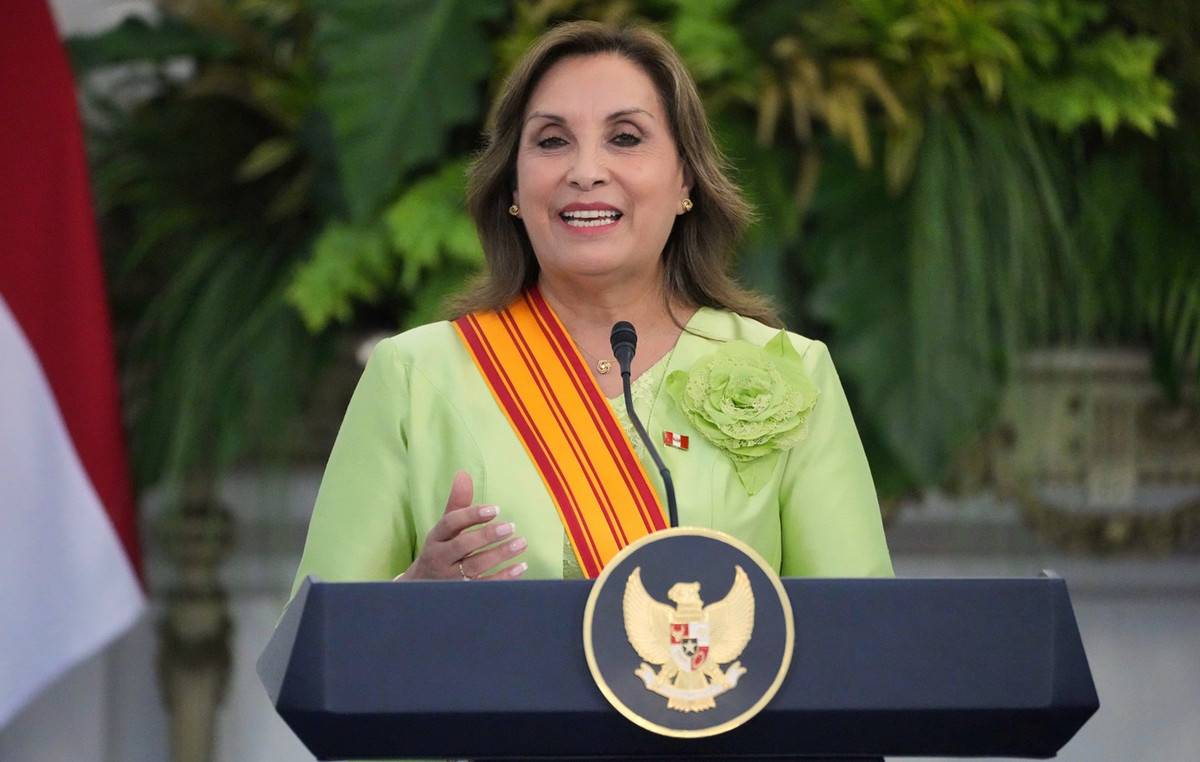Hong Kong’s Supreme Court ordered the city government to establish a new framework to legally recognize the rights of same-sex couples. The decision is considered a partial victory for the LGBTQIA+ community, which for years has been fighting for the right to full equality between same-sex and straight marriages.
Five judges at Hong Kong’s Court of Final Appeal delivered their decision on Tuesday, after years of legal battles over the government’s refusal to allow gay people to marry or form a civil union.
Hong Kong does not allow or grant same-sex marriages or unions, although homosexuality has been decriminalized in the city since 1991.
Activists expected the court to rule that the denial of same-sex marriage violated equal rights protections under the city’s constitution.
The judges ruled that freedom to marry was guaranteed by the constitution, but that it referred only to “heterosexual marriage”.
Instead, the judges decided, in a majority verdict, that there was a need for “an alternative framework” that would grant legal recognition to same-sex couples “to provide them with a sense of legitimacy, dispelling any sense that they belong to a inferior class of people” whose relationship deserves no recognition”.
The government has two years to comply with the ruling, the court said.
a difficult battle
Activists in Hong Kong have used the courts as a main avenue to drive change over the past decade, with both the government and the legislature seen as slow to catch up with other more liberal jurisdictions.
And Hong Kong judges have often sided with them, previously ruling against government lawyers and saying that the city’s constitution affords same-sex couples certain protections and equality they were denied.
Several successful court challenges have led to same-sex marriages celebrated abroad being recognized in a number of areas, such as tax returns, spousal visa applications and parental rights, although the scope remains limited.
In contrast, the case that resulted in Tuesday’s historic decision was much broader, with activists asking the city’s high court to rule directly on the issue of same-sex marriage, after successive court defeats. lower.
The decision has potentially far-reaching implications for Hong Kong’s gay community – and for the many foreign nationals who work and live in the city – but it remains to be seen what steps the local government will now take in creating legislation that complies with the decision. from the court.
Jerome Yau, co-founder of Hong Kong Marriage Equality, said he was “cautiously optimistic” as he waited for more details to be worked out.
“It is a big step forward and a historic decision. I understand it’s not about full marriage equality, but all things considered, it’s a good decision,” he said.
The battle for greater same-sex equality has been an uphill struggle across much of Asia, where conservative values still hold sway, especially among political elites. Currently, only Taiwan and Nepal allow same-sex unions.
India’s Supreme Court is currently debating whether to allow same-sex marriage in the world’s most populous country.
Polls in Hong Kong showed growing support among the population, especially younger people, for same-sex unions.
But the city government has long leaned towards conservatism, bolstering its opposition to same-sex marriage and greater equality on the Chinese mainland.
Hong Kong calls itself a global financial hub that attracts the best talent from around the world. As a result, business leaders have been among those pushing the government to allow same-sex marriages to make the city a more attractive destination.
Applicant arrested
The case that resulted in Tuesday’s final ruling was filed by now-arrested pro-democracy activist Jimmy Sham Tsz-kit in 2019.
Sham, in his mid-30s, organized rallies that drew hundreds of thousands of people as an organizer for the Civil Human Rights Front during a wave of anti-government protests in 2019.
The group was disbanded in 2021, a year after Beijing imposed a national security law that critics say stifled dissent and destroyed the democracy movement. Both Hong Kong and mainland Chinese authorities maintained that the law was necessary to safeguard national security and “restore stability”.
Sham, who has been jailed for more than two years on subversion charges, is among dozens of prominent democracy activists accused of taking part in an unofficial primary election held by the opposition in 2020. Prosecutors framed the vote as part of a broader movement to overthrow the government of the time.
Prior to his arrest, the activist – like many pro-democracy leaders in Hong Kong – had also campaigned on LGBTQIAP+ issues.
Raymond Chan Chi-chuen, the first Hong Kong Legislative Council member to come out as gay, is a co-defendant in Sham’s case.
The city’s parliament no longer has opposition lawmakers since Beijing redesigned its electoral system in 2021 to ensure only patriots rule.
Court documents state that Sham began a stable relationship with his partner in 2011, and two years later, he married in New York.
Sham argued that the Hong Kong government’s refusal to allow him and other gay and lesbian couples to marry, or enter into some forms of civil partnership, infringed on their rights to equality and privacy.
In mainland China, Beijing has stepped up crackdowns against LGBTQIAP+ activists and groups in recent years, with Chinese leader Xi Jinping increasingly emphasizing the ruling Communist Party’s absolute control over all aspects of society.
China’s oldest and largest LGBTQIAP+ festival, Shanghai Pride, was canceled in 2020, with dozens of accounts relating to sexual minorities censored on Chinese social media.
Source: CNN Brasil
Bruce Belcher is a seasoned author with over 5 years of experience in world news. He writes for online news websites and provides in-depth analysis on the world stock market. Bruce is known for his insightful perspectives and commitment to keeping the public informed.







